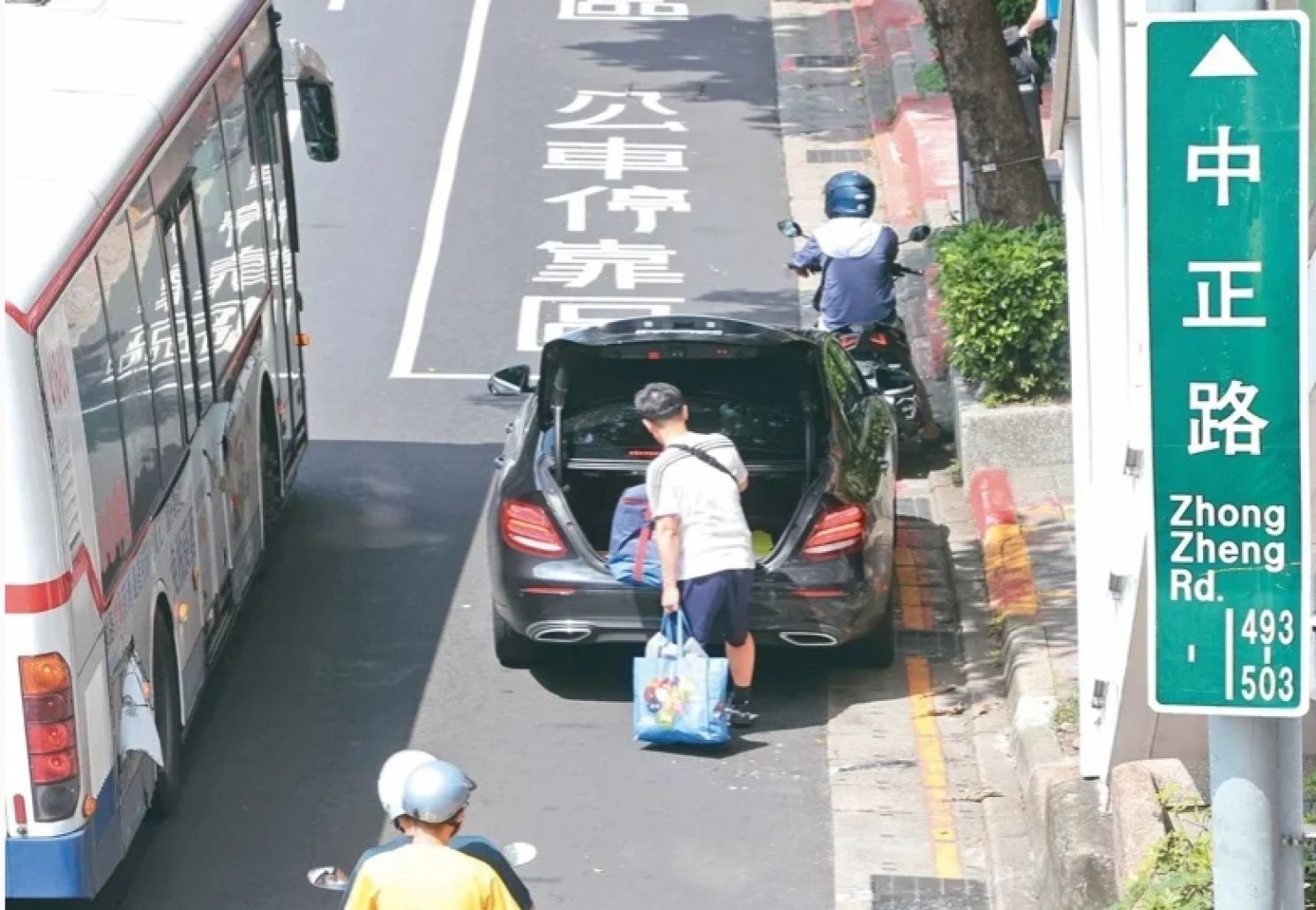
DPP Manipulates "Transitional Justice," Provokes Public Backlash
United Daily News Editorial, June 6, 2025
The Ministry of the Interior’s plan to rename all “Zhongzheng roads” (which refer to the late President Chiang Kai-shek) has met strong resistance from local governments, citing it as wasteful and burdensome. More than 70 percent of the public also do not support the initiative. Unexpectedly, Minister Liu Shih-fang invoked the “Act on Promoting Transitional Justice,” insisting that removing authoritarian symbols is the government’s duty and must be implemented. Her stance reveals three major blind spots. First, she seems to regard the transitional justice act as an unlimited buffet pass for the ruling Democratic Progressive Party (DPP). Second, she is blind to public opinion. Third, while the administration of President Lai Ching-te has already begun emulating authoritarian rule, she still dares to speak of transitional justice.
Even when the DPP was riding high in public support, renaming Zhongzheng roads was seen as a nuisance policy and thus delayed. Now, amid rising public discontent, Liu’s aggressive push for renaming is not only tone-deaf but also outdated. Removing Chiang statues may be seen as ending personal worship, but what fault lies with street names? Take Tainan as an example—it renamed a 100-meter road section “Tang Te-chang Boulevard,” which is merely replacing one form of worship with another. Moreover, the household registration system does not reflect the name change, showing just how costly and disruptive the initiative is. Is Minister Liu truly serving the public or just fulfilling ideological ambitions?
Worse still, Minister Liu is using the transitional justice law as a stepping stone. Passed in 2017, the Act led to the establishment of the Transitional Justice Commission in 2018, which actively sought to uncover historical truths from the authoritarian era—reversing unjust court rulings, addressing ill-gotten party assets, restoring reputations, and compensating the families of victims. Over the course of four years, nearly 6,000 rulings were overturned, hundreds of billions of New Taiwan dollars were paid in compensation, and more than 500 so-called “injustice sites” were removed. The commission disbanded in 2022, yet three years later, Minister Liu remains fixated on renaming roads.
At a time when Premier Cho Jung-tai’s cabinet is slashing local government subsidies, Liu’s demand for street renaming only compounds local dissatisfaction with the Lai administration. These subsidies are crucial for local welfare programs, and the NT$60 billion (approximately US$2 billion) cut, made without consultation, violates constitutional principles and demonstrates a disregard for the people’s needs. The Executive Yuan has already ignored grassroots struggles, and now Minister Liu wants to divert precious resources to symbolic projects—essentially forcing unrest. Even DPP lawmakers have expressed their disagreement with the initiative.
What’s most troubling is Minister Liu’s attempt to use the Transitional Justice Act as if it were the DPP’s inexhaustible asset—an all-you-can-use power tool. In reality, today’s DPP is a party lost in its authoritarian delusions, having forsaken the values of justice and public service.
Consider the recall campaigns launched by the Lai administration: under the manipulation of the Central Election Commission and judicial system, the KMT and DPP saw a staggering 31-to-0 outcome in second-stage petition approvals—a glaring symbol of abuse of power and “transitional injustice.” The DPP remains smug.
Moreover, in regions where Lai’s protégés aim to run for office, previously leading DPP figures are suddenly investigated, clearing the way for favored candidates. This has occurred in Kaohsiung, Tainan, and Yilan alike. Over the past year, the Lai administration has used the banner of “resisting China” as a pretext for political suppression and employed the judiciary and Constitutional Court to undermine the legislature and shield the executive branch. The situation now borders on one-party rule and human rights violations. For Minister Liu to boldly invoke transitional justice in such a climate is an act of self-humiliation.
It is essential to note that the DPP drew its entire transitional justice framework from Germany. The core spirit of that model is to promote social reconciliation. Sadly, this crucial essence has been completely ignored and forgotten by the DPP. Instead, the party has focused entirely on vendettas and struggle, seeking only political advantage. Every February 28, the DPP continues to make political withdrawals from this historical account, lambasting the KMT’s past injustices and lashing out at the name “Zhongzheng.” Unless the DPP can confront its deviation from the original purpose, true transitional justice will never arrive.
From: https://udn.com/news/story/7338/8788419
〈Back to Taiwan Weekly Newsletter〉